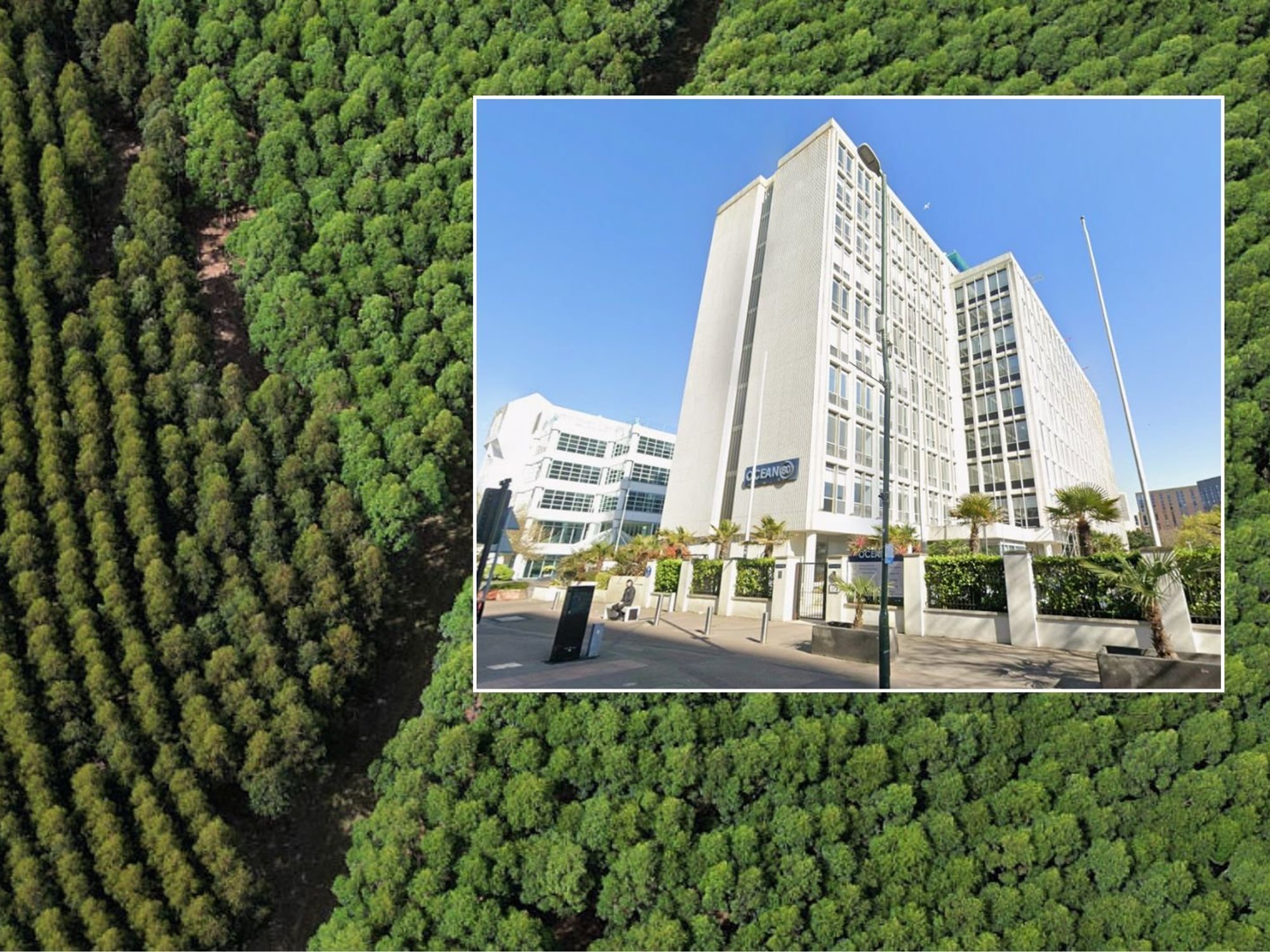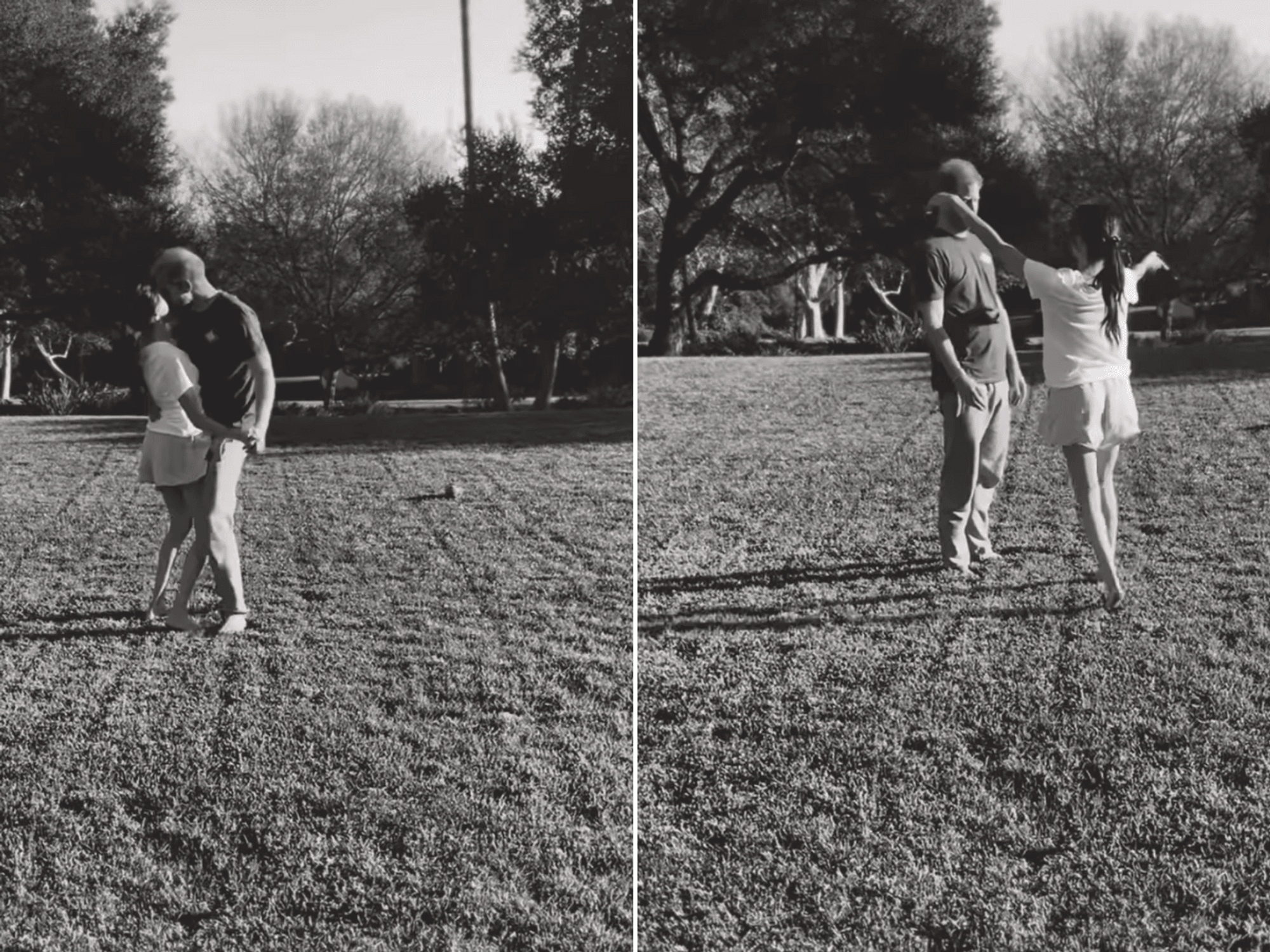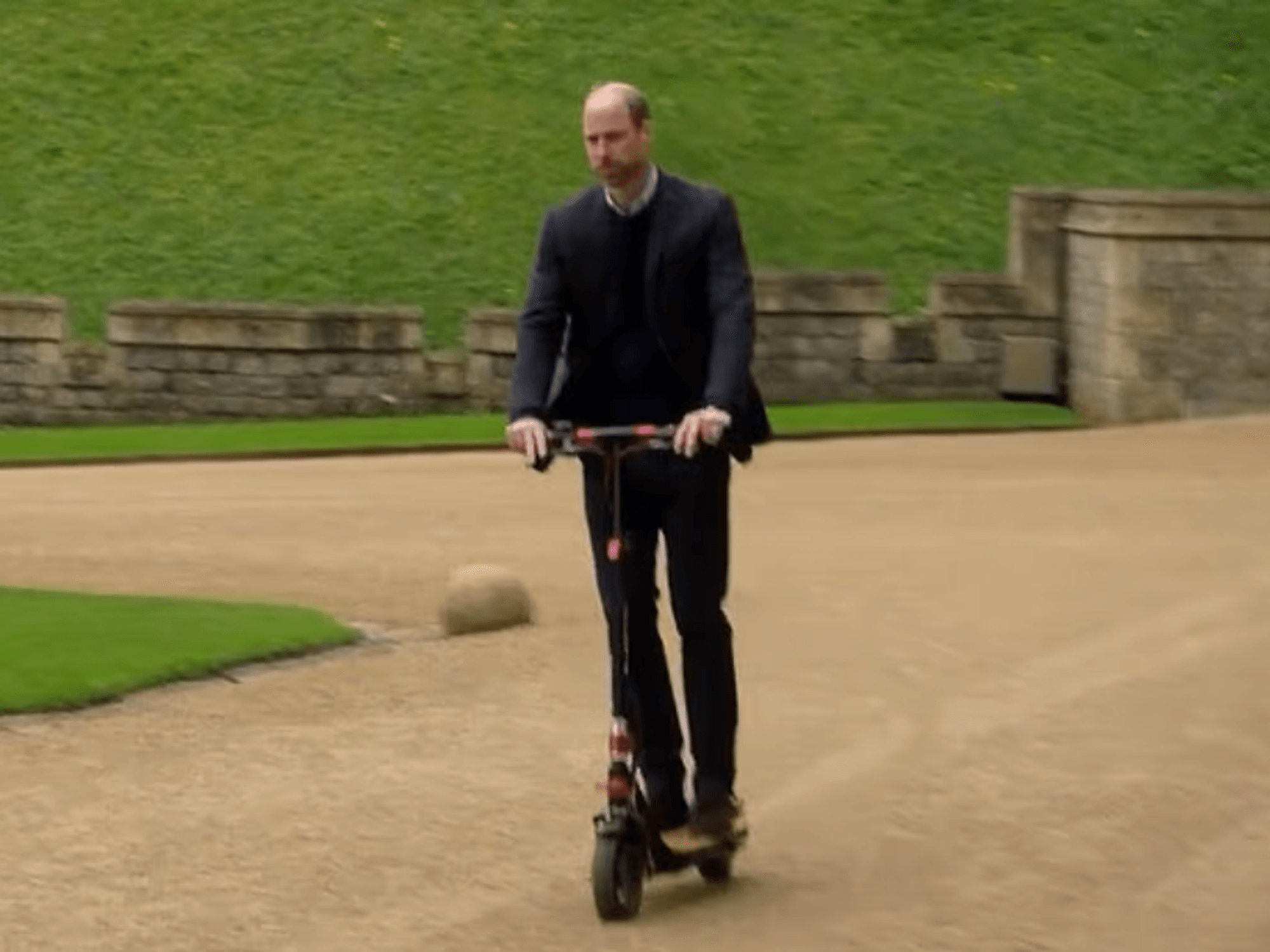Dementia symptoms: Doctor identifies 'early sign' of declining brain function that is most telling

There's a crucial difference between everyday forgetfulness and the kind of disorientation that signals potential dementia
Don't Miss
Most Read
Latest
A doctor has identified what he calls the most telling early indicator of dementia and Alzheimer's disease - and it's not what most people might expect.
Rather than the typical memory lapses we often worry about, Dr Stephen Cabral points to getting lost easily as the primary warning sign that someone might be developing these cognitive conditions.
The neuropathy expert, who hosts The Cabral Concept podcast, explained that this particular symptom stands out as far more concerning than forgetting where you've put your keys or struggling to remember someone's name.
The expert makes a clear distinction between typical stress-related forgetfulness and genuine disorientation.
TRENDING
Stories
Videos
Your Say

Getting lost easily could signal dementia
|GETTY
He explained: "If you're younger and stressed, you forget where you put your keys, you forget someone's name, you forget the next thing that you were supposed to do? Not uncommon."
But the situation changes dramatically when someone experiences true disorientation.
"What would be uncommon even when you're younger is to say, 'I don't know where I am right now. I'm lost,'" the doctor noted.
This type of confusion about one's location represents something fundamentally different from simply misplacing items or struggling with names - it's a more serious cognitive issue that warrants attention.
Beyond the primary warning sign, Dr Cabral identifies another early indicator that families should watch for in their loved ones.
He describes difficulty parking straight as a secondary but significant symptom.
"And a 1B that they gave, let's say that's the 1A, a 1B would say that they're no longer able to park straight," he explained.
The doctor specifically highlighted problems with pulling into parking spaces properly.
LATEST DEVELOPMENTS
"So if you're with a parent or grandparent, with a loved one, and they're not able to," he noted.
"Maybe they couldn't parallel park before, but they're not able to pull into a spot straight, which can be an early sign of dementia and Alzheimer's."
This spatial awareness issue represents another form of cognitive decline that differs from simple memory problems.
Dr Cabral's insights come as many people remain confused about the relationship between dementia and Alzheimer's disease. The NHS clarifies that Alzheimer's is actually a type of dementia, not a separate condition.

Dementia involves an ongoing decline in brain function
|GETTY
Dementia itself is a syndrome involving ongoing decline in brain function, with multiple potential causes and types affecting people in different ways.
The doctor shared his findings in a video specifically addressing these early warning signs, emphasising that getting lost represents "the most clear and telling sign that somebody later in life is developing one of these cognitive diseases".
His expertise in neuropathy gives particular weight to these observations about early detection of cognitive decline.
Our Standards: The GB News Editorial Charter











